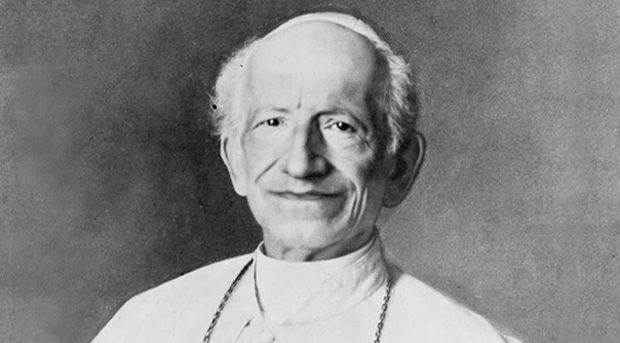Most people tend to think in “black & white” terms. In other words, “it has to be this or that” with no grey area in between. In the moral ethical life of a Christian, this is useful since, in the Bible, we find contrasting notions of good and evil. In ethics, there is no grey area; either an act is deemed “good” or “sinful.” The degrees of “goodness” and “sinfulness” may vary on a spectrum but one cannot deny their intrinsic fabric. In other words, one can do good by offering a meal to a homeless person and one can do good by saving the lives of thousands of people. The latter moral behaviour obviosly carrying more weight than the former. The same with sin; a “white lie” is not as harmful in the spirtual world as murder. In other areas of life, this dualistic thinking has limitations–such as humanity’s relation to captial and labor. Can the belief that those with excessive amounts of money are “bad” and those who suffer in poverty are “good” carry moral weight? Is it reasonable to believe, without doubt, that social classes are invariably pitted against each other? The writing of Pope Leo XIII in “Rerum Noverum” make clear that socialism is contrary to Christian thinking: “The great mistake made in regard to the matter now under consideration is to take up with the notion that class is naturally hostile to class, and that the wealthy and the working men are intended by nature to live in mutual conflict. So irrational and so false is this view that the direct contrary is the truth. Just as the symmetry of the human frame is the result of the suitable arrangement of the different parts of the body, so in a State is it ordained by nature that these two classes should dwell in harmony and agreement, so as to maintain the balance of the body politic. Each needs the other: capital cannot do without labor, nor labor without capital. Mutual agreement results in the beauty of good order, while perpetual conflict necessarily produces confusion and savage barbarity. Now, in preventing such strife as this, and in uprooting it, the efficacy of Christian institutions is marvellous and manifold. First of all, there is no intermediary more powerful than religion (whereof the Church is the interpreter and guardian) in drawing the rich and the working class together, by reminding each of its duties to the other, and especially of the obligations of justice.” In our contemporary fascination with socialism among the young, this teaching is important. It is my belief that many young people in the Western world embrace socialism because they do not possess hope that their efforts, intellect and work can produce prosperity and thus they seek a false “justice.” And so they assent to believing ideas that getting “something for nothing” has moral and social value even though, through application of common sense, this belief has no rational power. Alternatively, I offer an inspirational proverb for those in the Christian world to consider: “make the most money, while doing the highest good.” This mindset does not de-value capital nor subjugate morality to prosperity. It embraces the vision to create wealth through offering the most good to society at large.






